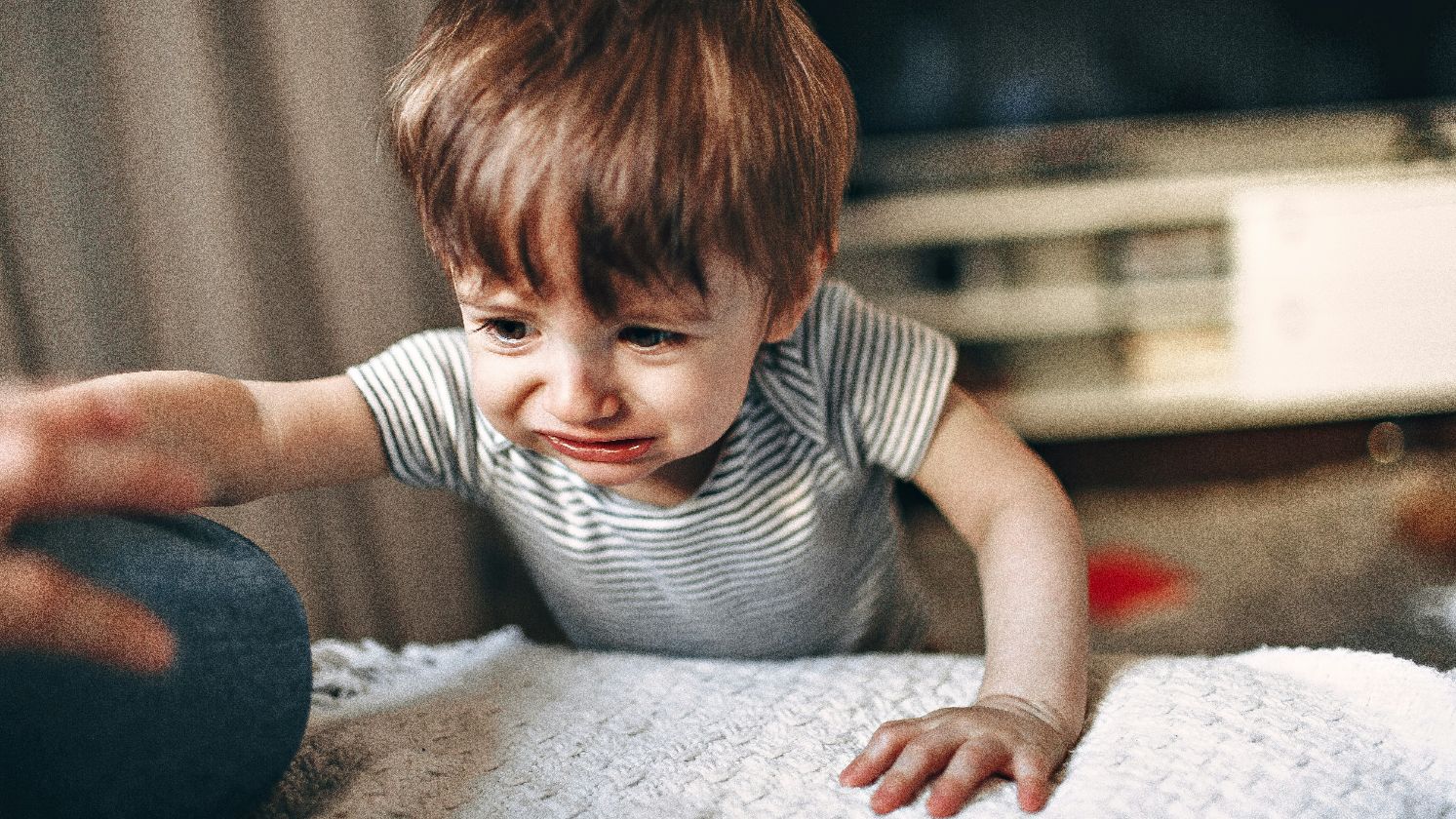20 Modern Challenges That Explain Why This Generation Is More Reluctant to Have Kids
20 Modern Challenges That Explain Why This Generation Is More Reluctant to Have Kids
In recent years, we've witnessed a noticeable shift in attitudes toward family planning, with many in the current generation expressing a marked reluctance to have children. This trend isn't just a fleeting societal whim; it's rooted in a complex web of modern challenges and evolving values. Today, we will explore all the challenges that contribute to why more and more people are choosing to delay or opt out of parenthood entirely. From economic hurdles to changing personal priorities, each point sheds light on the unique landscape facing this generation.
1. Economic Uncertainty
In a world where economic stability seems more like a luxury than a guarantee, many individuals are hesitant to bring children into an unpredictable financial landscape. Rising costs of living, coupled with stagnant wages, make the prospect of raising a child appear financially daunting.
 Photo by Josh Appel on Unsplash
Photo by Josh Appel on Unsplash
2. Career Prioritization
Today's generation is increasingly career-focused, often placing professional growth and personal achievements before starting a family. The desire to reach certain career milestones can delay the decision to have children, as more people strive to establish themselves professionally first.
 Photo by Saulo Mohana on Unsplash
Photo by Saulo Mohana on Unsplash
3. Environmental Concerns
With growing awareness of environmental issues like climate change, many are concerned about the kind of world their children would inherit. This ecological anxiety plays a significant role in the decision to have fewer or no children, as a means of contributing to a more sustainable planet.
 Photo by Mert Guller on Unsplash
Photo by Mert Guller on Unsplash
4. Desire for Personal Freedom
There's a growing value placed on personal freedom and independence, which can be limited by the responsibilities of parenthood. Many individuals prefer to travel, pursue hobbies, and enjoy a less encumbered lifestyle, leading to a reluctance to have children.
 Photo by Towfiqu barbhuiya on Unsplash
Photo by Towfiqu barbhuiya on Unsplash
5. Shift in Social Norms
The societal pressure to have children is not as strong as it once was. Now, choosing not to have kids is increasingly accepted, allowing individuals to make life choices that deviate from traditional family structures without facing significant social stigma.
6. Increased Education and Awareness
With more access to information and education, people are more aware of the challenges and realities of parenting. This knowledge enables them to make more informed decisions about whether or not to have children, often leading to more cautious deliberation.
 Photo by Tim Mossholder on Unsplash
Photo by Tim Mossholder on Unsplash
7. Mental Health Awareness
As mental health becomes a more openly discussed topic, many recognize the potential psychological strains of parenting. Concerns about passing on genetic predispositions to mental health issues, or the fear of not being mentally prepared for parenthood, contribute to the hesitancy.
 Photo by Dan Meyers on Unsplash
Photo by Dan Meyers on Unsplash
8. Housing Instability
The current generation faces significant challenges in securing stable, affordable housing. The uncertainty and transient nature of modern living arrangements make the prospect of creating a stable family environment more challenging.
 Photo by Breno Assis on Unsplash
Photo by Breno Assis on Unsplash
9. Delayed Partnering
People are forming long-term partnerships and marrying later in life, if at all. This delay often pushes back the timeline for having children, as many prefer to establish a solid relationship foundation before starting a family.
 Photo by Everton Vila on Unsplash
Photo by Everton Vila on Unsplash
10. Changing Views on Legacy
There's a shift in how people perceive legacy, with more individuals finding fulfillment in leaving a mark through social, artistic, or professional achievements rather than through lineage. This changing perspective influences the decision about whether or not to have children.
 Photo by Laura Fuhrman on Unsplash
Photo by Laura Fuhrman on Unsplash
11. High Childcare Costs
The cost of childcare has skyrocketed, making it a significant financial burden for many families. This high expense is a major deterrent for those considering starting a family, as the costs can consume a large portion of a household's income.
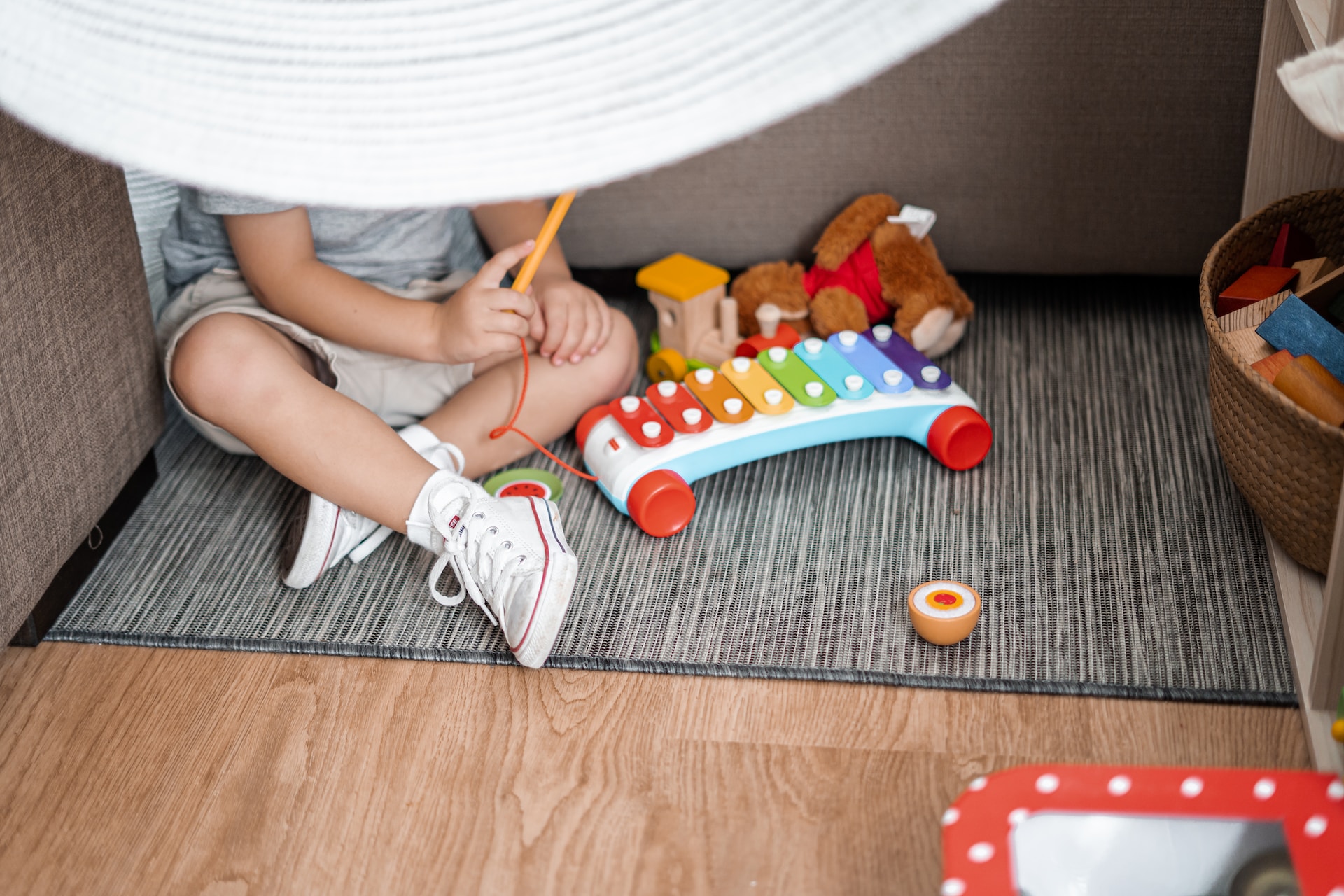 Photo by Kelli McClintock on Unsplash
Photo by Kelli McClintock on Unsplash
12. Work-Life Balance Struggles
In today's fast-paced world, achieving a healthy work-life balance is increasingly challenging. Prospective parents worry about the time and energy required to raise children while maintaining their careers, contributing to their reluctance to start a family.
 Photo by Alex Kotliarskyi on Unsplash
Photo by Alex Kotliarskyi on Unsplash
13. Overpopulation Concerns
With the world's population continuously rising, some individuals choose not to have children as a personal response to global overpopulation issues. This decision is often driven by concerns about resource scarcity and environmental degradation.
 Photo by RODRIGO GONZALEZ on Unsplash
Photo by RODRIGO GONZALEZ on Unsplash
14. Increased Value on Self-Care
There's a growing emphasis on self-care and mental well-being. Many people feel that the immense responsibility of parenting might impinge on their ability to care for their own mental and emotional health.
 Photo by Maddi Bazzocco on Unsplash
Photo by Maddi Bazzocco on Unsplash
15. Fertility Issues and Medical Concerns
Advances in medical science have highlighted fertility challenges faced by many. Concerns about potential medical complications, genetic disorders, or difficulties in conceiving can lead to second thoughts about starting a family.
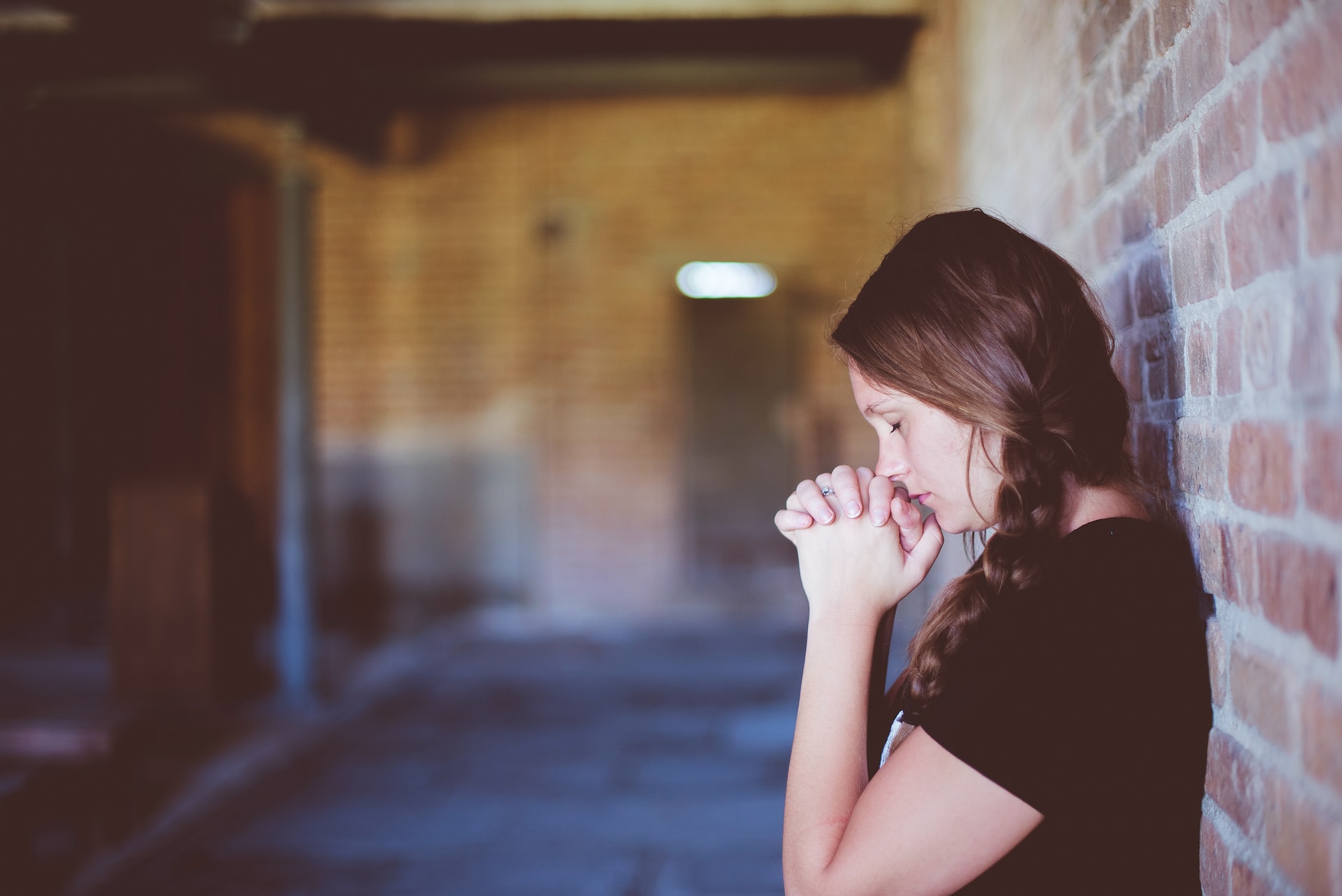 Photo by Ben White on Unsplash
Photo by Ben White on Unsplash
16. Urbanization and Space Constraints
As more people move to urban areas, the space and environment considered ideal for raising children become less accessible. Crowded cities and small living spaces are not always conducive to family life, discouraging some from having children.
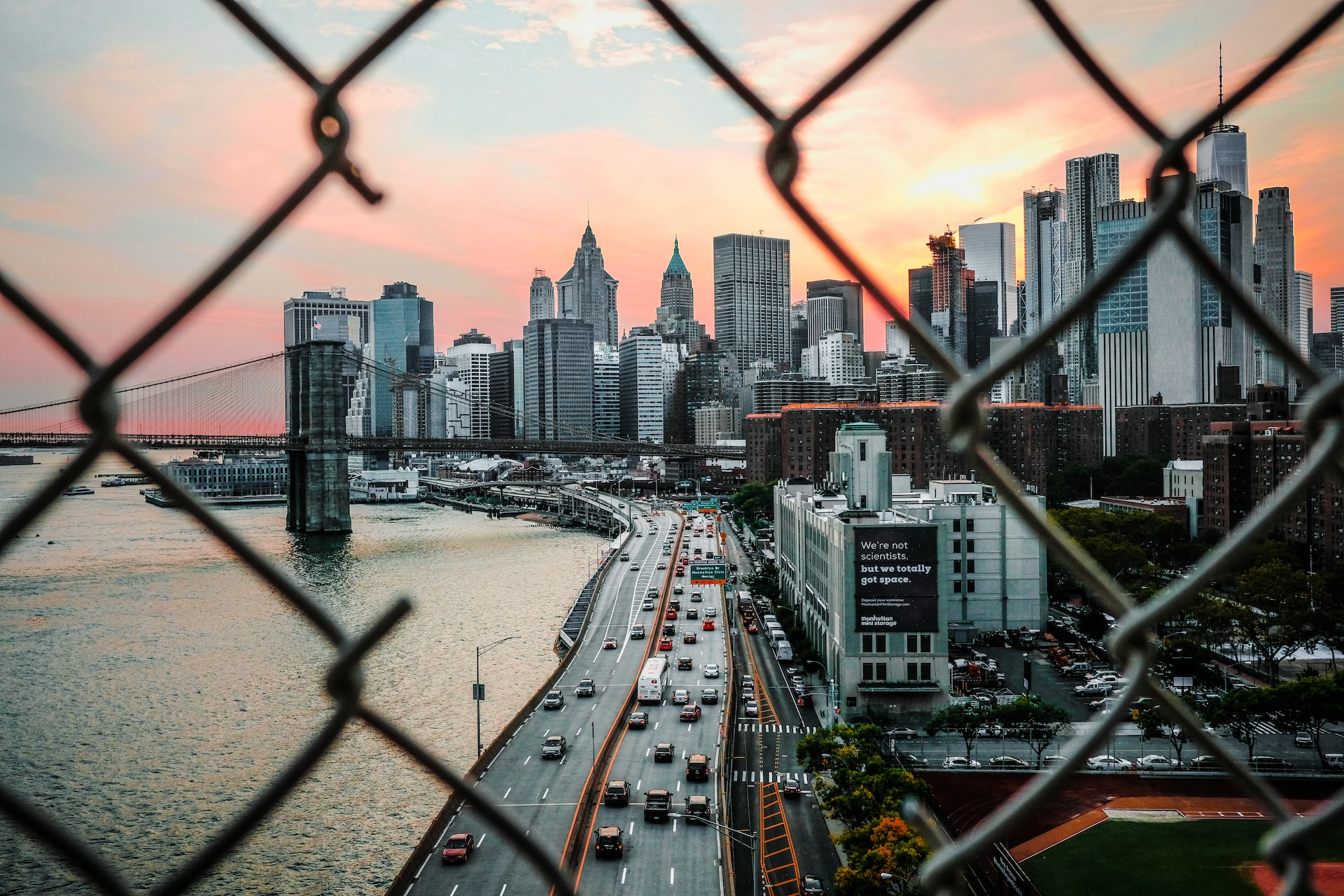 Photo by Matteo Catanese on Unsplash
Photo by Matteo Catanese on Unsplash
17. Proliferation of Digital and Social Media
The omnipresence of digital and social media in modern life raises concerns about privacy and the mental health impacts on children. Parents worry about navigating the complexities of raising children in an era dominated by screens and online presence.
18. Political and Global Instability
Ongoing political and global unrest creates an atmosphere of uncertainty and fear. Prospective parents are apprehensive about bringing children into a world where political and social stability seems increasingly fragile.
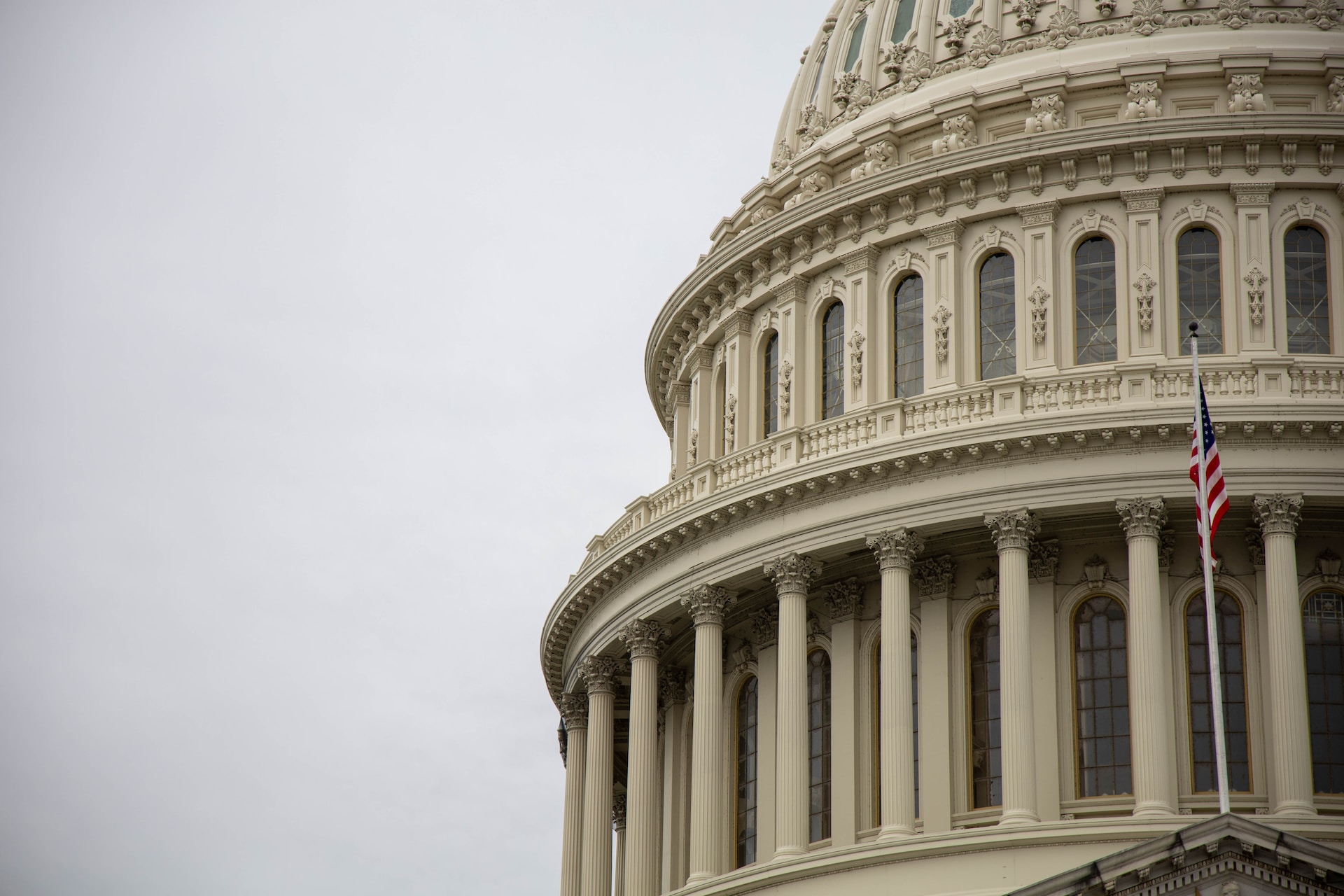 Photo by Joshua Sukoff on Unsplash
Photo by Joshua Sukoff on Unsplash
19. Delayed Life Milestones
Younger generations are reaching traditional life milestones, like homeownership or stable careers, later than previous generations. This delay often postpones the decision to start a family until these foundational elements are in place.
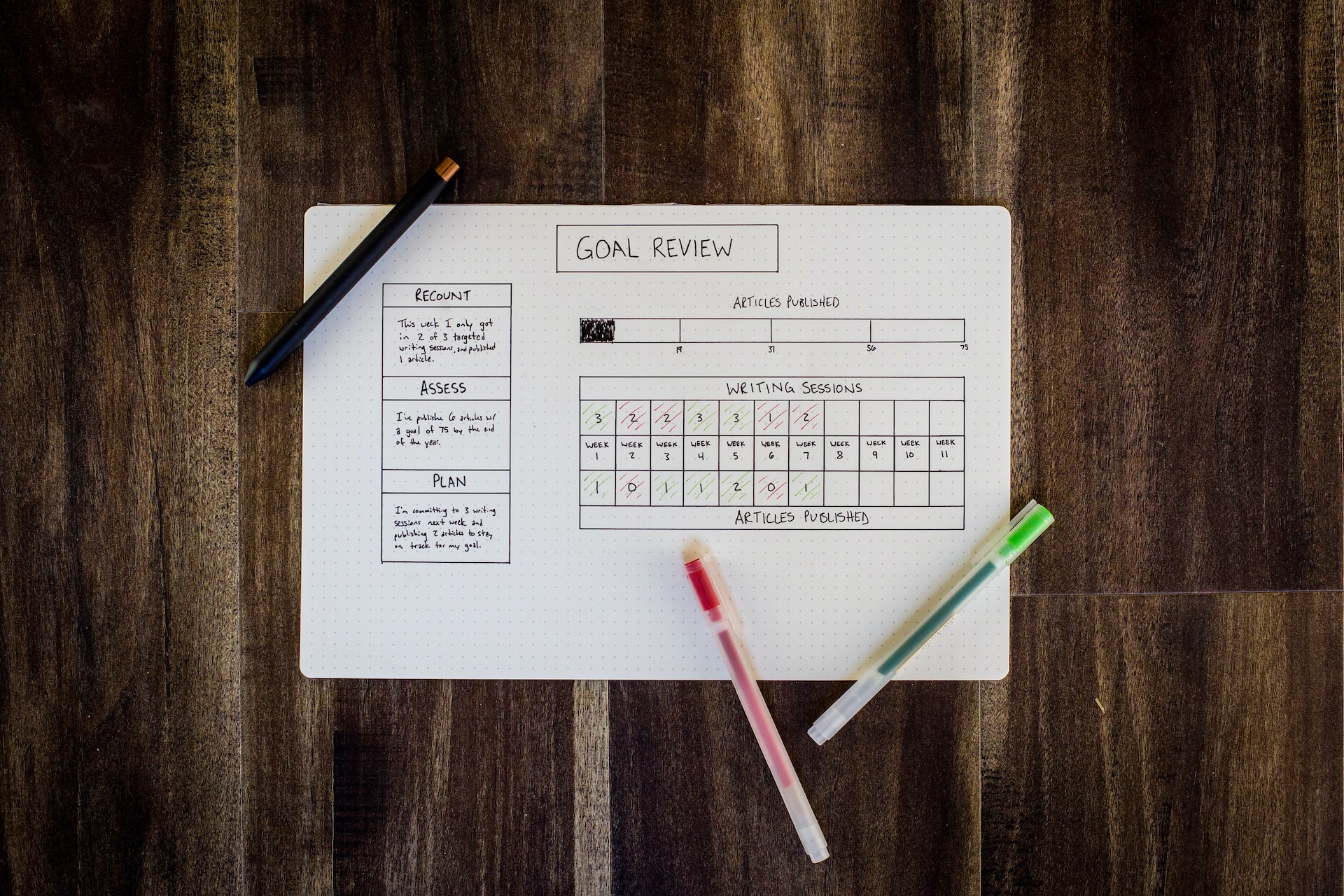 Photo by Isaac Smith on Unsplash
Photo by Isaac Smith on Unsplash
20. Rise of Individualism
Today's culture places a high value on individualism and personal achievement. This focus can clash with the communal and selfless nature of parenting, leading some to choose a childfree lifestyle in pursuit of personal goals and self-fulfillment.







